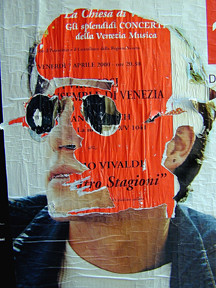Bill C-302
An Act to recognize the injustice that was done to persons of Italian origin through their “enemy alien” designation and internment during the Second World War, and to provide for restitution and promote education on Italian-Canadian history
See relevant clauses of Bill C-302 below.
RECOGNITION AND APOLOGY
3. The Parliament of Canada hereby acknowledges the unjust treatment received by persons of Italian origin as a result of their designation as “enemy aliens”, their registration and internment and other infringements of their rights during the Second World War, and apologizes on behalf of Parliament, the Government of Canada and the Canadian people of earlier times and of today for the suffering that this treatment caused.
4. The Minister of Canadian Heritage, in cooperation with the Minister of Finance, shall negotiate with the National Congress of Italian Canadians an agreement for a suitable payment to be made in restitution for the unjust treatment described in section 3, which agreement shall be proposed to Parliament for approval.

